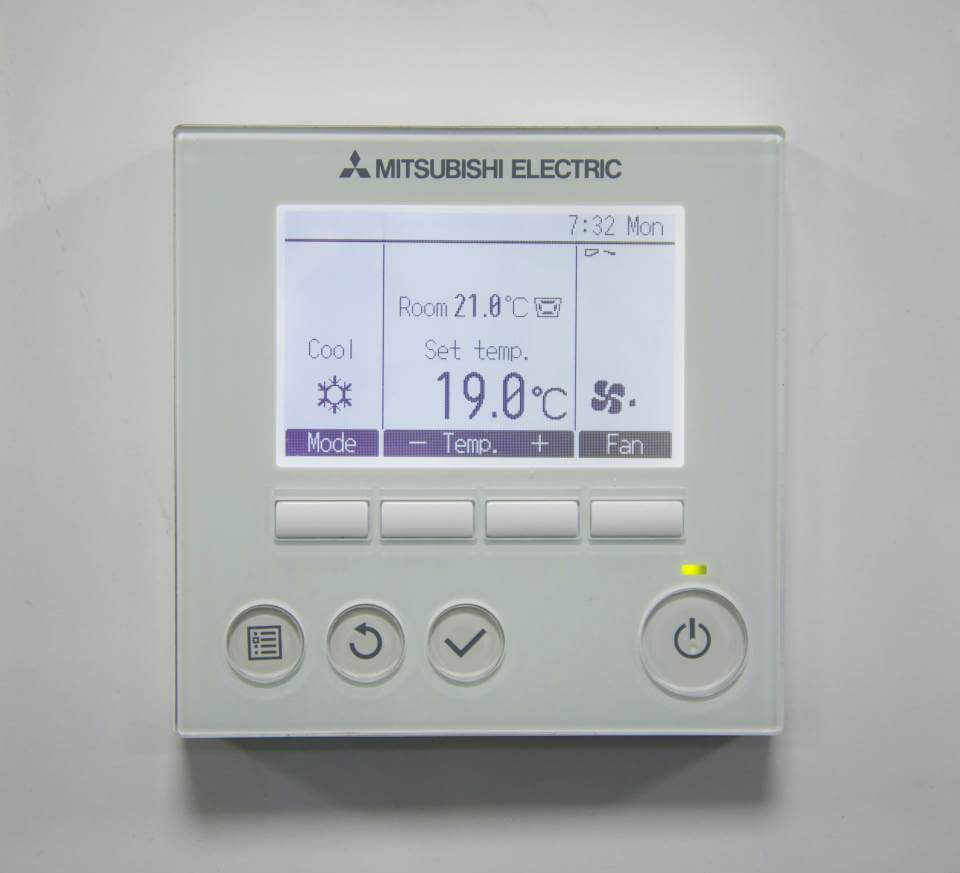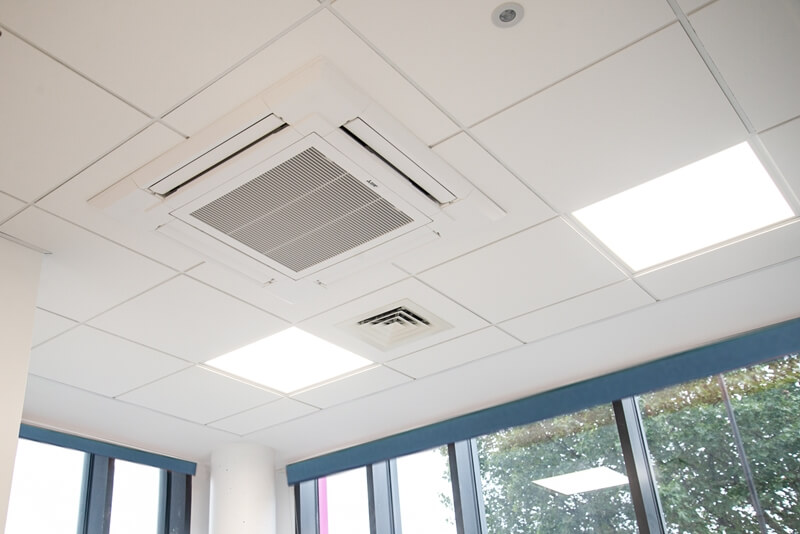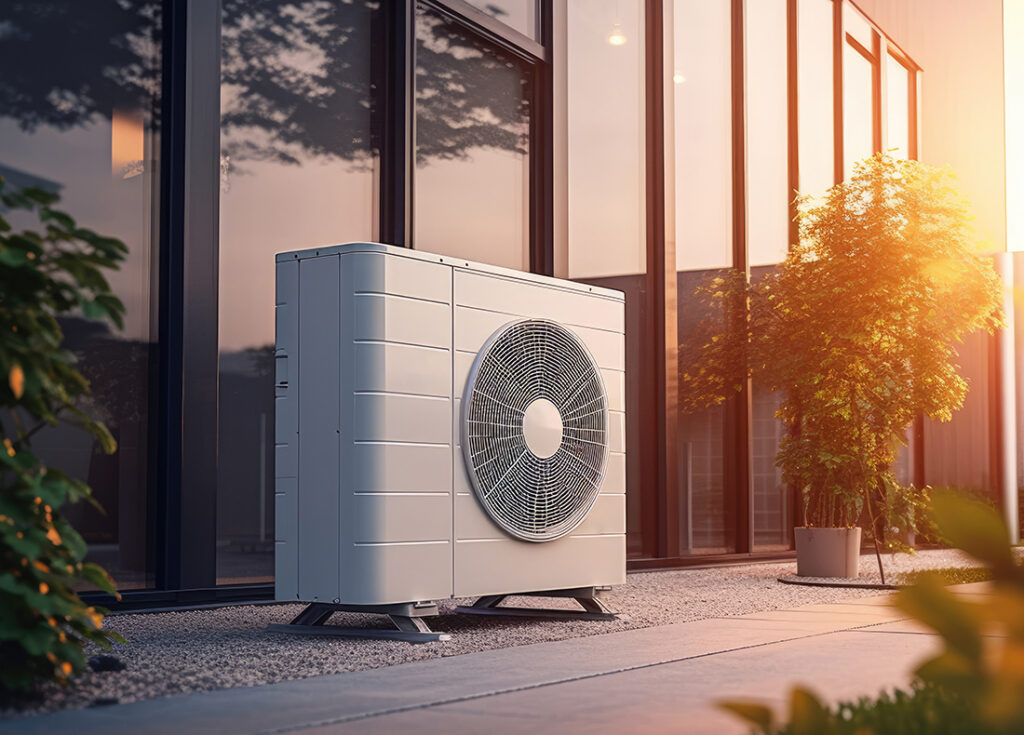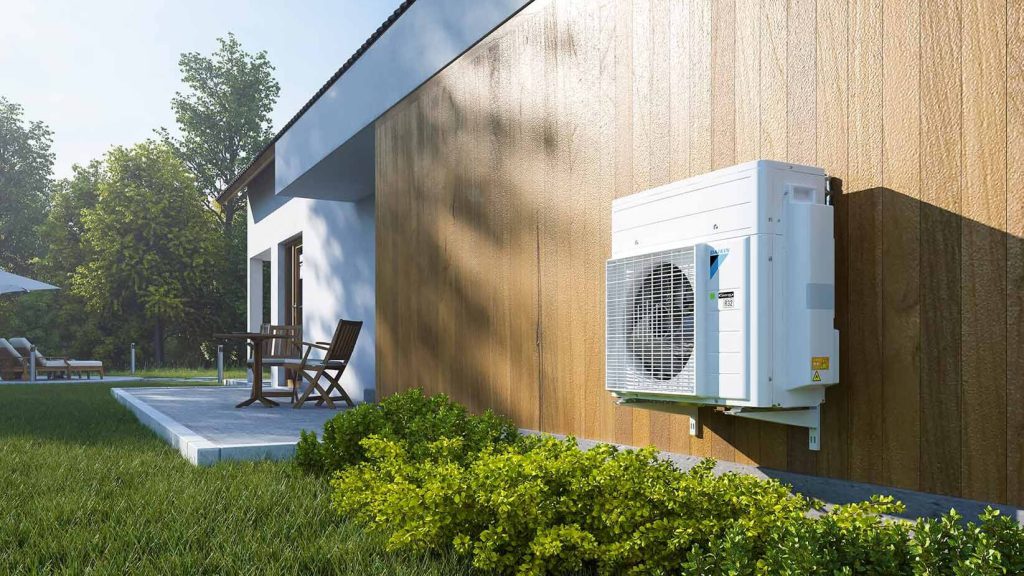UK Indoor Air Quality (IAQ) Standards

Estimated reading time 10 minutes
The World Health Organization (WHO) revised its global air quality guidelines (AQGs) in September 2021. Since the WHO last updated its guidelines in 2005 more evidence has been produced which shows that air pollution can inflict damage on human health at even lower concentrations of air pollution than previously thought and impact indoor air quality.
The latest guidelines set stricter targets for limiting exposure to airborne contaminants both outdoors and indoors and recommend a reduction in air quality levels for 6 pollutants, where evidence has advanced the most on health effects from exposure. These are particulate matter (PM), Ozone (O₃), Nitrogen Dioxide (NO₂), Sulfur Dioxide (SO₂) and Carbon Monoxide (CO). Taking action on these pollutants will also help to reduce other damaging pollutants.
Significant Risk To Health
The WHO say “exceeding the new air quality guideline levels is associated with significant risks to health. At the same time, however, adhering to them could save millions of lives.”
Air pollution is widely accepted as a threat to health. In fact, according to the WHO air pollution is estimated to cause “7 million premature deaths [every year] and results in the loss of millions more healthy years of life. In children, this could include reduced lung growth and function, respiratory infections, and aggravated asthma. In adults, ischaemic heart disease and stroke are the most common causes of premature death attributable to air pollution, and evidence is also emerging of other effects such as diabetes and neurodegenerative conditions. This puts the burden of disease attributable to air pollution on a par with other major global health risks such as unhealthy diet and tobacco smoking.”
WHO Regional Director for Europe, Dr Hans Henri P. Kluge says “Annually, WHO estimates that millions of deaths are caused by the effects of air pollution. Clean air should be a fundamental human right and a necessary condition for healthy and productive societies. However, despite some improvements in air quality over the past three decades, millions of people continue to die prematurely, often affecting the most vulnerable and marginalized populations. We know the magnitude of the problem and we know how to solve it. These updated guidelines give policy-makers solid evidence and the necessary tool to tackle this long-term health burden.”
The UK government quote an “annual mortality of human-made air pollution in the UK is roughly equivalent to between 28,000 and 36,000 deaths every year. They go onto say that “It is estimated that between 2017 and 2025 the total cost to the NHS and social care system of air pollutants (fine particulate matter and nitrogen dioxide), for which there is more robust evidence for an association, will be £1.6 billion.”
A recent report commissioned by the Greater London Authority published by researchers from Imperial College London’s Environmental Research Group, looked at more than 35,000 research papers over a decade on air pollution and health, and found overwhelming evidence that exposure to specific airborne particles is causing a direct impact on our health “during pregnancy and affecting birth outcomes, that school children are experiencing slower lung-development, worsening of asthma symptoms, and poorer mental health, and that Londoners are suffering more disease in later life and dying earlier because of the air they breathe.”
The report goes onto say that “the most important new finding is evidence related to both the impact of air pollution on brain health, including mental health and dementia, and early life impacts that could lead to future health burdens within the population.”
Air Quality Reforms
In June 2022 proposals for the Clean Air (Human Rights) Bill were introduced by Green Party peer Baroness Jenny Jones in the House of Lords, as a private members’ bill to establish the right to breathe clean air.
The overview for the bill states:
- Everyone has the right to breathe clean air.
- The Secretary of State must achieve clean air throughout England and Wales within five years of the passing of this Act and maintain clean air throughout England and Wales thereafter.
- Where this cannot be achieved for a particular pollutant in a given zone or agglomeration on or before 1 January 2028 the Secretary of State may postpone the deadline by a maximum of five years for that particular pollutant, in relation to the specified zone or agglomeration only on condition that the Secretary of State—
- takes into account advice from the Citizens’ Commission for Clean Air (CCCA) and the Committee on Climate Change; and
- sets a new deadline for achieving clean air and maintaining it thereafter; and
- publishes a clean air plan that shall demonstrate how the new deadline will be achieved before the new deadline for the particular pollutant in the zone or agglomeration to which the postponement would apply; and
- has not already postponed the deadline beyond 1 January 2028; and
- lays a statement before Parliament explaining the failure to achieve clean air throughout England and Wales by 1 January 2028 and how it will be achieved throughout England and Wales by 1 January 2033 and maintained thereafter.
- The Secretary of State must provide the necessary funding to the relevant national authorities and to the CCCA to fulfil their duties under this Act.
- For the purposes of this Act— “clean air” means air that does not contain banned pollutants or pollutants, concentrations or emissions above the limits or levels of exposure (which may be zero) set out within the proposals.
The full bill can be found in the Publications and Records section of the UK parliament website.
As the bill passed through the House of Lords the proposals were amended to require that the standards should be based on the World Health Organisation (WHO) indoor and external air quality guidelines including the requirement to monitor a wider range of pollutants.
In December 2022 the bill was passed by the House of Lords and is now in its second reading in the House of Commons, led by Green Party MP Caroline Lucas.
If passed into law the Clean Air (Human Rights) Bill would legally require the government to achieve and maintain clean air in England and Wales and ensure air quality standards were considered across government departments and policy. The bill would mandate the monitoring and recording of IAQ in residential, public and office buildings resulting in higher standards with regards to ventilation and air quality.
Industry Debate On Impacts of Poor Indoor Air Quality On Health
An industry panel discussion into the impacts of poor IAQ on public health was held on May 10.
The panel was hosted by Policy Connect, in partnership with two all-party parliamentary groups (APPGs), the All-Party Parliamentary Carbon Monoxide Group and the All-Party Parliamentary Health Group along with Baroness Jenny Jones, Green Party peer and proponent of the Clean Air (Human Rights) Bill and other experts including Professor Sani Dimitroulopoulou, Principal Environmental Public Health Scientist in our Indoor Environments Air Quality and Public Health Team, UKHSA; Dr Sarah West, Director and Senior Research Fellow, Stockholm Environment Institute at University of York; Larissa Lockwood, Director of Clean Air, Global Action Plan; Peter Smith, Director of Policy and Advocacy, National Energy Action (NEA) and Professor Frank J Kelly Battcock Chair, Imperial College London.
The panels discussion centred around the Clean Air (Human Rights) Bill and the provisions in the bill which set out to improve poor IAQ including the measuring and monitoring of IAQ by building operators. The panel also called on the government to use the Clean Air (Human Rights) Bill as an opportunity to build upon and come up with a long-term strategy to improve indoor air quality standards. Alongside an improvement in standards the debate also covered the importance of making the public more aware of the impacts of air pollutants on their health. The panel are calling on the UK government to “consider the impacts of indoor air quality (IAQ) on health, sources of indoor pollutants, and explore the local and national solutions that can improve indoor air quality.”
Parliamentary Enquiry
The debate within industry also coincided with the launch of an inquiry by the Environmental Audit Committee, a group of cross-party MPs who are considering outdoor and indoor air quality targets. Their aim is to examine whether Government targets – recently enhanced with new targets for fine particulate matter and a population exposure reduction target – are sufficient. They intend to look at existing targets and to review how those targets could better address the impact of poor air quality on public health.
Environmental Audit Committee Chairman, Rt Hon Philip Dunne MP, said: “It is estimated that between 28,000 and 36,000 people die every year in the UK as a result of human-made air pollution. This simply shouldn’t be happening, and we must do everything in our power to improve the air that we all breathe. The Government has set targets to improve air quality for England, but are they enough to make a change significant enough to stop these deaths and avoidable health problems, and halt the decline of our precious biodiversity? In our new inquiry, we will be lifting the lid on both outdoor and indoor air quality. We will be looking at how different communities across the country are impacted disproportionately by air pollution. We will be examining whether the targets currently established are sufficient to tackle this momentous challenge.”
The committee has invited any/all written submissions which address the impact directly and indirectly of poor air quality with health issues including what are the long-term health impacts of indoor air pollution and what steps can the government take to improve indoor air quality, what are the differential impacts, geographically, and across socioeconomic groups, of poor outdoor and indoor air quality and how well is the government coordinating measures between national and local actors to improve air quality, both outdoors and indoors? For the full terms of reference see “Are Government targets on air pollution sufficient?”
Heating, Ventilation and Air Conditioning (HVAC)
Clearly poor air quality both outdoors and indoors is of major concern to public health. In the case of IAQ air conditioning systems can play a major role in filtering and cleaning the air that enters a building. Without an air conditioning system many people resort to opening windows which can allow pollen, other irritants and particulate matter to find their way into your building. As long as an air conditioner is properly taken care of, filters are cleaned or replaced as required and the system is well maintained then an air conditioner will filter out particulates, dust and germs, ensuring the quality of the air within the building.
Of course, the added advantage of heating, ventilation and air conditioning is it helps to maintain the temperature, keeping the building cool in the summer and warm in the winter, and it removes the humidity too.
Synecore For HVAC
Syncore install commercial air conditioning and heating, ventilation and air conditioning (HVAC). The right air conditioning system for will depend on your business space and whether you have an existing HVAC system or are looking to install a new HVAC system. It will also depend on the air handling capacity of your system and the size of your workspace/building. If you already have an HVAC an air purification system can be retrofitted. We’ll carry out a full inspection of your building and put together a solution that will best meet your needs to ensure you have the best air quality within your workspace.
Synecore offer air conditioning planned preventative maintenance (PPM) packages to suit your business and the size of your premises, overseen by an experienced project manager so you know you are in good hands. Your PPM includes scheduled visits throughout the year, as often as is required to keep your system efficient and compliant. We cover Kent, London and across the UK.
If you would like to learn more about how your air conditioning system can play a role in maintaining your building’s air quality, please contact Synecore via our contact form or on 01795 509 509. Our team will book an appointment for one of our engineers to visit your site and discuss your options.



